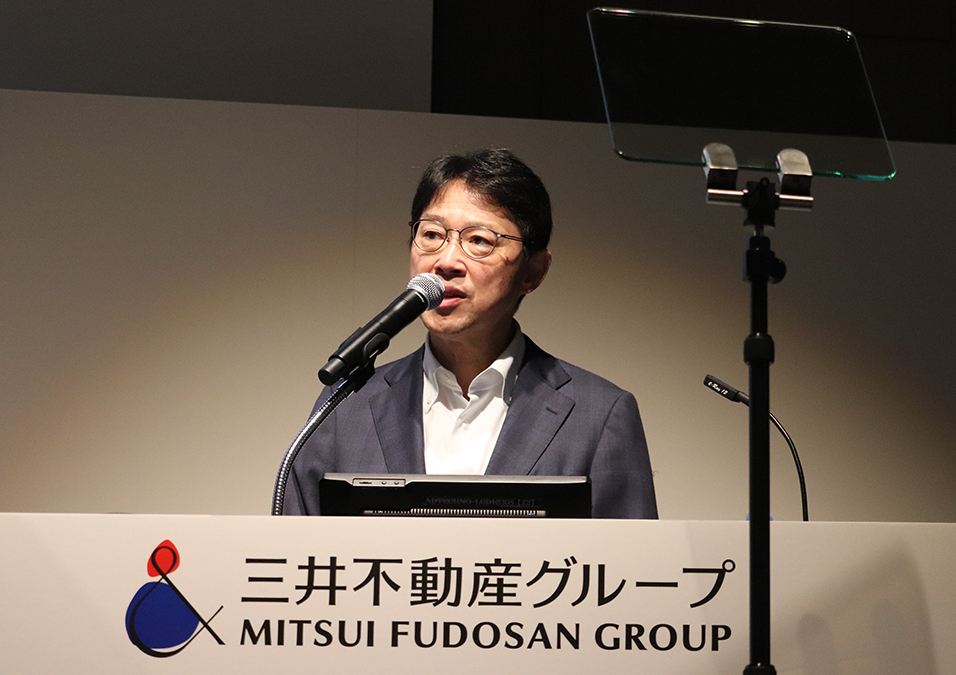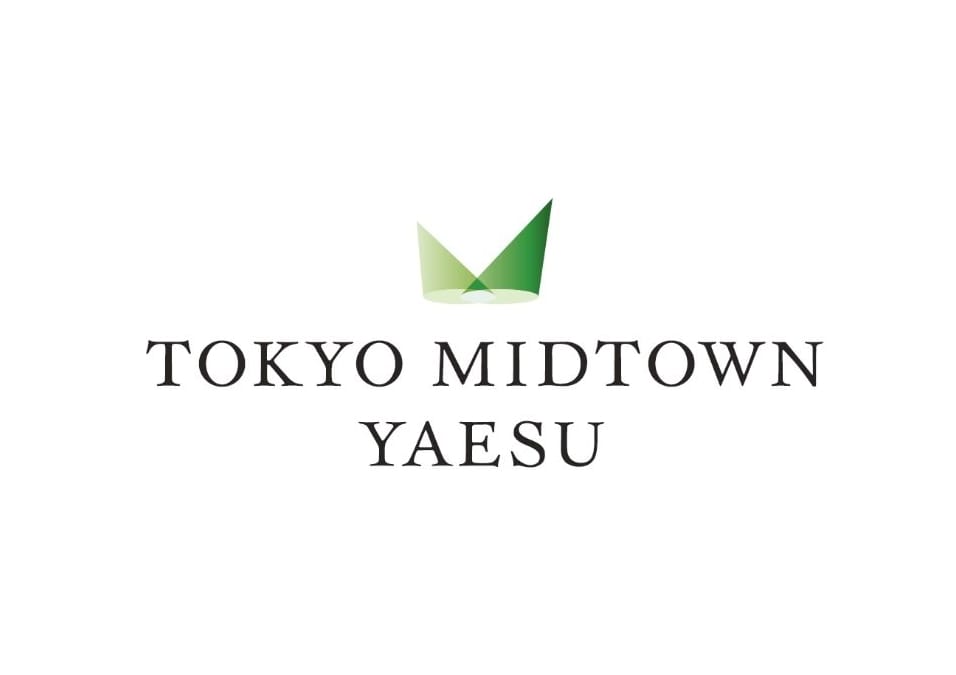Policy
As a corporate group supporting office buildings, housing, and other infrastructure necessary for daily life, the Group recognizes its social responsibility to reduce its environmental impact and conserve the environment to an even higher standard. To accomplish this, we believe efforts should be made throughout the entire supply chain to promote environmentally friendly, sustainable procurement. We have formulated Sustainable Procurement Standards summarizing basic guidelines in this area. We disclosed these standards and have shared them with our main business partners to establish a system that supports environmentally friendly procurement.
Our Sustainable Procurement Standards specify environmental guidelines, as well as basic guidelines on nine items-including compliance with laws and regulations and respect for human rights relating to labor-as standards to be complied with or actively promoted by both the Group and its suppliers. These also take into account the areas in which we request cooperation to implement the Sustainable Procurement Standards. The idea is to share these standards within the Group, build and operate an ordering and contract process in line with the nature of its business, and also notify and request the understanding of its business partners. To realize a sustainable society, we will work to promote environmentally friendly sustainable procurement throughout our supply chain.
Procurement Standards for Environmental Awareness
(Excerpt from the Mitsui Fudosan Group's Sustainable Procurement Standards)
Companies shall proactively address global environmental issues such as resource depletion, climate change, and environmental pollution, while also considering local environmental issues to ensure the health and safety of the people in the communities involved.
7.1 Addressing climate changeCompanies shall work continuously to reduce their energy consumption and greenhouse gas emissions by striving to improve energy efficiency and introduce renewable energy.
7.2 Efficient use of resources and waste management and reductionCompanies shall comply with laws and regulations and engage in appropriate waste management. They shall also pursue reduction, reuse, and recycling in order to ensure resources are efficiently used and minimize the generation of waste.
7.3 Prevention of pollution and management of chemical substancesCompanies shall comply with relevant laws and regulations and implement appropriate measures to reduce the release of hazardous substances into the air, water, soil, etc.
In addition, companies shall manage hazardous chemical substances in order to ensure that they are identified, labeled, handled safely, transported, stored, used, recycled or reused, and disposed of in compliance with laws and regulations.
7.4 Reduction of water usageCompanies shall comply with laws and regulations, monitor the sources, uses, and discharge of the water used, and conserve water.
7.5 Conservation of biodiversityIn order to conserve the natural environment and ecosystems where diverse organisms live, companies shall work to reduce negative impacts of their business activities on them.
7.6 Provision of environmentally-friendly products and servicesCompanies shall be proactive in providing environmentally-friendly products and services. They shall also comply with all laws and regulations and customer requirements regarding chemical substances contained in products.
For details on the Group's Sustainable Procurement Standards, see Policy under Supply Chain Management.
⇒ For details on the Supply Chain Management
































